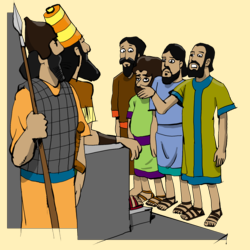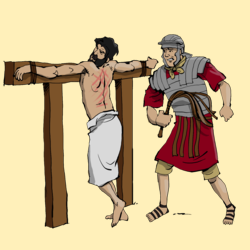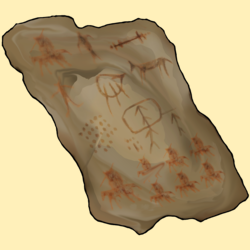 Stephen Ellis’s book The Mask of Anarchy is a fascinating exploration of the little known history of the Liberian civil war. From 1989 to 1997 war raged across Liberia in West Africa, fuelled by child soldiers wearing women’s clothing and wigs for “spiritual protection”, while high on marijuana and cane juice. The war was characterised by mindless brutality, relentless looting, and constant quests for greater power provided by spiritual forces, such as through tearing out and eating the hearts of conquered warriors.
Stephen Ellis’s book The Mask of Anarchy is a fascinating exploration of the little known history of the Liberian civil war. From 1989 to 1997 war raged across Liberia in West Africa, fuelled by child soldiers wearing women’s clothing and wigs for “spiritual protection”, while high on marijuana and cane juice. The war was characterised by mindless brutality, relentless looting, and constant quests for greater power provided by spiritual forces, such as through tearing out and eating the hearts of conquered warriors.
The book provides important insights into the causes of violence and war, and it provides a well-researched source of information. However, the content is at times repetitive and some of the author’s opinions are puzzling. For example, he seems to consider it politically incorrect to talk about cannibalism, but it is fine to talk about human sacrifice. Both practices have been engaged in extensively by those seeking to obtain power from the spiritual world.
The civil war essentially ended when the most powerful of the warlords, Charles Taylor, defeated the others, thereby obtaining a monopoly on violence and looting. In 1997 he was elected apparently legitimately (the people didn’t want him to keep fighting for power), but the war started up again in 2000. Taylor is now on trial for war crimes, and the country is trying to recover from the devastation of the past 25 years.








